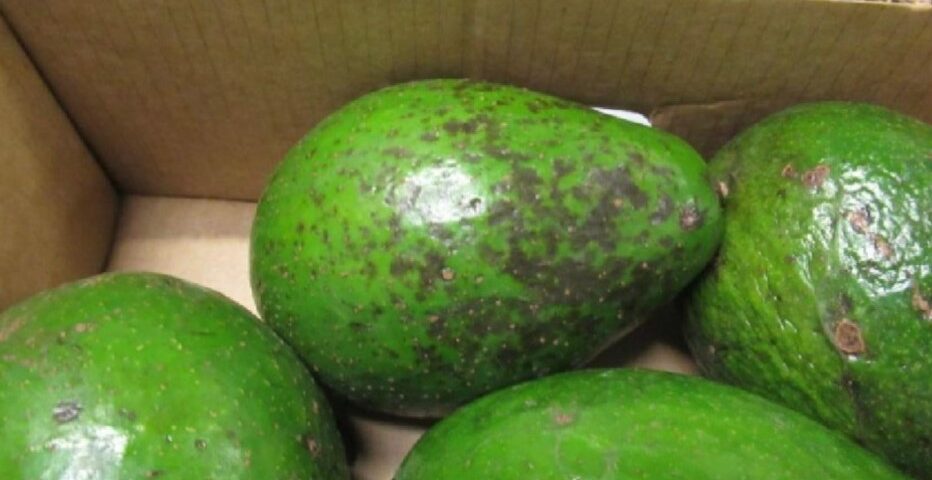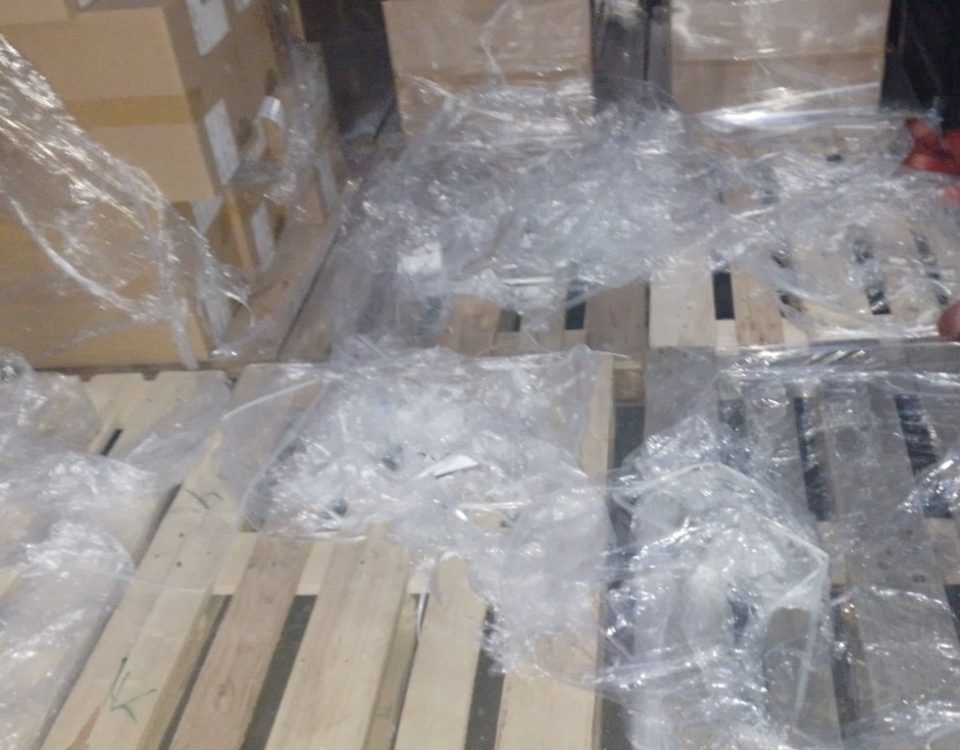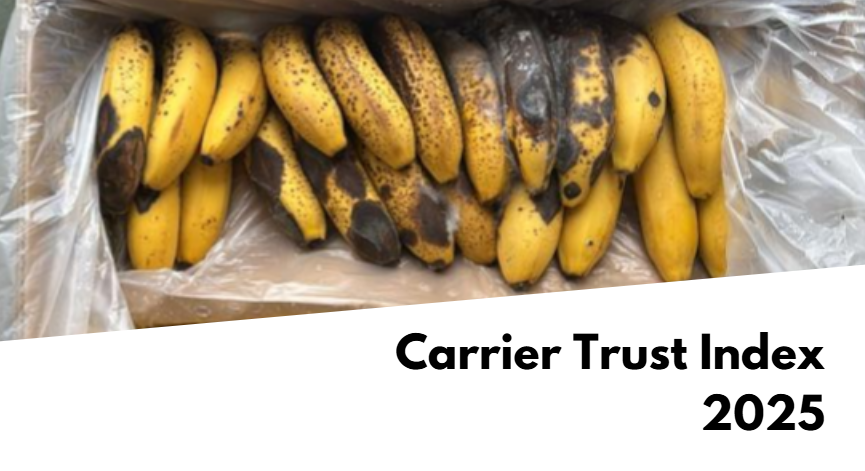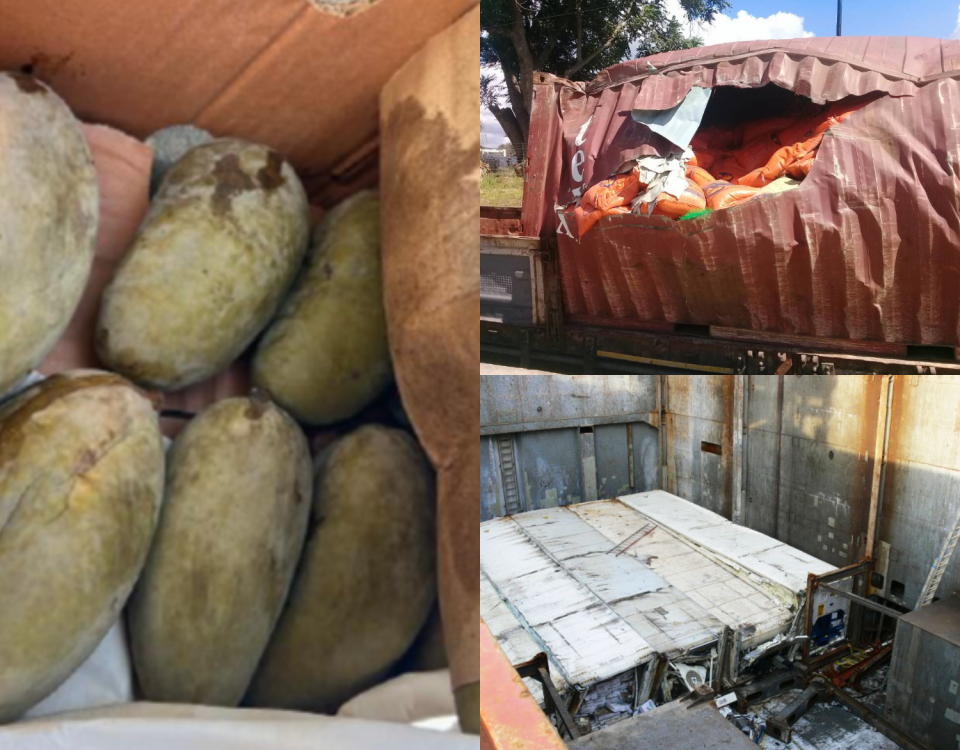Cargo Claims in the Avocado Industry

The Biggest Cause of Cargo Damage in Marine Transportation
July 7, 2023
Pre-Shipment Survey Can Rescue Your Cargo Claims
July 7, 2023Avocado industry has immensely grown in the recent years, the beloved “superfood” with their reputation for being extra healthy, have taken the world by storm! As demand for avocados grows, so does the challenge of shipping them across the globe. We at Recoupex, have handled multiple damaged avocado claims to relate to this. To ensure the safe and damage-free delivery of these delicate fruits, it’s essential to understand and prevent chilling injuries which Avocados commonly suffer during transportation and to equip you with strategies to prevent cargo damage and potential claims.
Avocados can experience two distinct types of chilling injury, each triggered by specific storage conditions. Internal chilling injury is characterized by a grayish-brown discoloration of the flesh, primarily concentrated near the base of the fruit surrounding the seed. On the other hand, external chilling injury appears as uneven patches of blackening on the skin. While it may initially be observed during storage, the intensity of external chilling injury typically increases slightly after the fruit is removed from cold storage. Temperatures below 3 °C are generally responsible for inducing external chilling injury in avocados.
Prioritize Loss Prevention
When it comes to shipping avocados, your best strategy is loss prevention. Always remember, mitigating potential damage is key! From proper harvesting, packaging, temperature control to loss mitigation in case cargo is damaged in transit, shipper has to be active in the process.
5 best practices to minimize avocado cargo claims, exporters should adopt:
1. Prioritize Fruit Origin
The origin of the fruit plays a crucial role in ensuring its quality during transportation. Different agricultural locations have specific thresholds for oil and dry matter content, which determine the maturity of avocados and the need for picking. Years of empirical data establish these levels.
2. Handle Harvesting with Care
Harvesting techniques should be selected meticulously, as any mistakes made during this process can have critical consequences later on. To ensure minimal mechanical stress, employ gentle harvesting methods such as using gloves or specialized pullers, given the high sensitivity of avocados to such stress. After harvesting, it is essential to promptly place the avocados in cooling storage at temperatures between 4 and 7 °C to maintain control over the ripening process.
3. Pay Attention to Packing
Proper packing is essential for maintaining avocado quality. Arrange avocados in packages, placing them in a single row with paper or cardboard as separators. The packaging should clearly indicate the consignor’s name and address, product name and country of origin, pomological and commercial grade, and the fruit’s caliber (size). Avocados within the same package should share similar characteristics, including origin, variety, quality, size, color, shape, structure, and ripeness level.
4. Be Mindful of Shipment Time Frames
Understanding the entire process from harvesting to delivery is crucial. For South African shipments, the process typically takes around 43 to 50 days, including various stages like harvesting, packhouse, cross haul, ocean freight, port release, and road transportation. It is important to ensure that the total transit time does not exceed 30 days, as longer durations can pose risks to the avocados’ quality.
5. Maintain Appropriate Storage Conditions during Transportation
The sourcing region of avocados dictates the transportation conditions, including temperature, relative humidity, and gas levels. Optimal transport temperatures range from 3.3–4.4 °C for commodities from California. While 5.5–8°C for avocados shipped from South Africa to Europe. Relative humidity should be maintained at around 85–90% or 95% respectively. Oxygen levels should be between 2-5% or 5%. And carbon dioxide levels between 3–10% or 3%. It is important to avoid high carbon dioxide levels, which can cause browning and poor taste. While insufficient oxygen levels, lead to fruit decay and flavor deterioration.
Shipping avocados across long distances presents unique challenges that require careful consideration and proactive measures. The potential for cargo damage during transit increases the likelihood of cargo claims, which can significantly impact the profitability of avocado exporters. Mitigate the risks with these strategies to ensure your avocados arrive in their prime condition! Additionally, engaging with specialized organizations like Recoupex, which specialize in cargo claims recovery, can provide invaluable support in navigating the complexities of availing compensation for any damages incurred during transportation.
Recoupex is a hub of transport lawyers – experts in cargo claims. We assess your case quickly. We have successfully recovered claims from Maersk, Sealand, Hapag-Lloyd, Mediterranean Shipping Company – MSC, CMA CGM, and other carriers.



